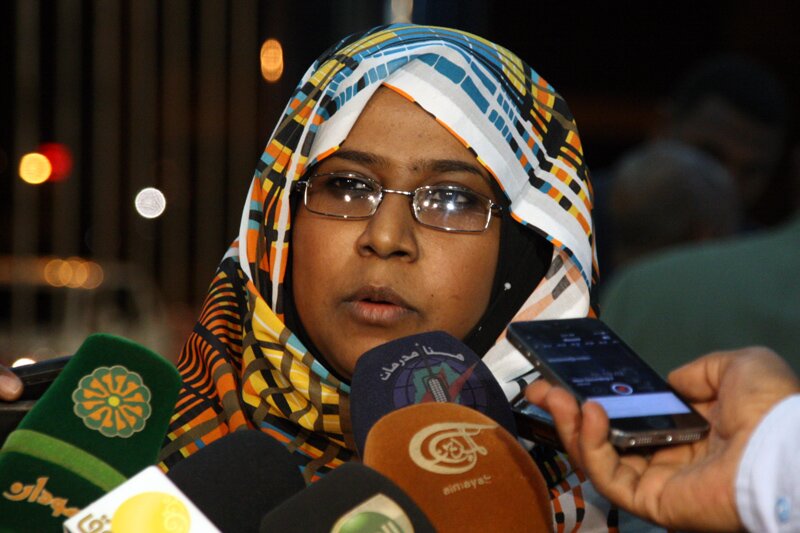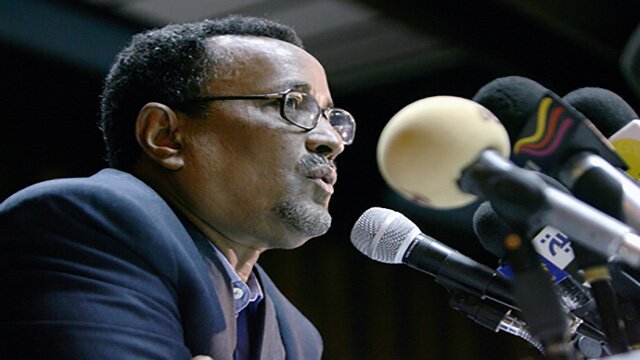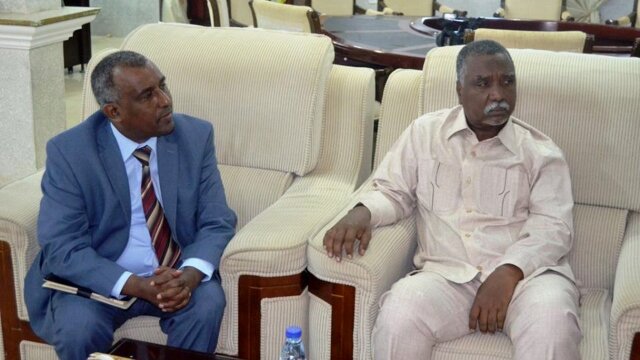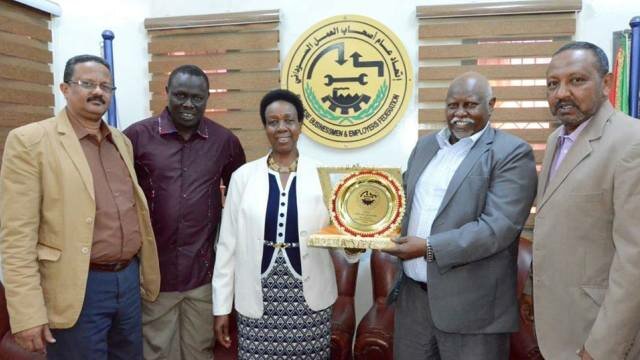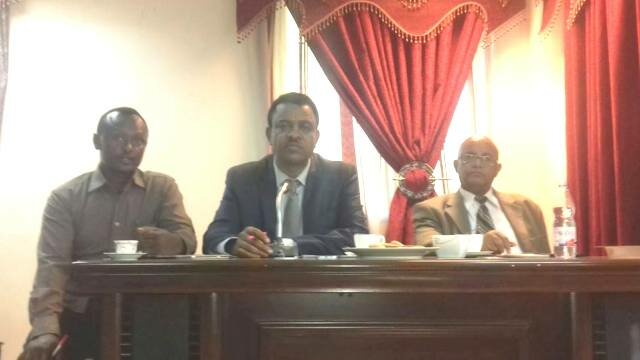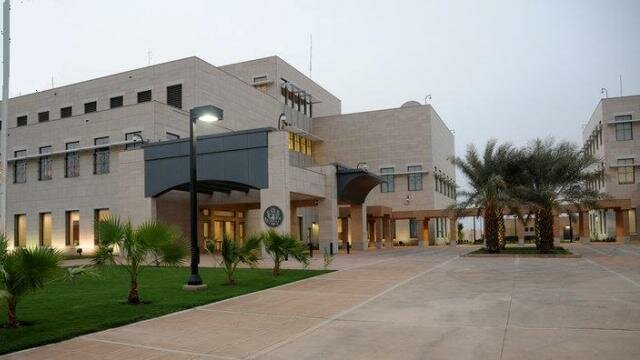Khartoum - The United Nations High Commissioner for Refugees (UNHCR), the United Nations World Food Programme (WFP) and the World Bank (WB) Tuesday welcomed the visit of a four-member German Parliamentary Committee on Economic Cooperation and Development to selected project sites in Sudan’s eastern state of Kassala.
Members of the German Parliament, Mrs. Dagmar Wöhrl, Mrs. Claudia Lücking-Michel, Mr. Johannes Selle and Mr. Niema Movassat saw first-hand the activities that UNHCR, WFP and WB are implementing in support of refugees and other vulnerable groups when they visited Kassala on 6 October.
The delegation visited Wad Al Helaio locality in southern Kassala where they saw the Al Goaz Primary School, one of over 500 many local schools reached through the World Bank’s Basic Education Recovery Project across Sudan. With generous financial contribution from the Global Partnership for Education, to which the German Government is a strong contributing donor, the World Bank was able to construct two classrooms and six latrines, provide a water tank, in addition to textbooks and a school grant in Al Goaz, creating a conducive learning atmosphere for its more than 145 pupils who come from nomadic and refugee families.
Also in Wad Al Helaio locality, the delegation visited Shagarab camps which have been hosting close to 35,800 protracted refugees, mostly from the neighbouring country of Eritrea and a few from Ethiopia. UNHCR is currently implementing livelihood and environment projects in all of three Shagrab camps and in another six camps in eastern Sudan and surrounding areas. With a € 9 million contribution from the German Cooperation (financed through KfW), the three-year project aims to improve the livelihoods and natural resource management capacities of 2,500 rural households and more than 35,000 refugees through a package of rural livelihood, educational and skills training assistance, as well as value chain development projects.
“We are grateful to the German delegation for this visit which enabled them to see how Germany’s contribution is helping improve the lives of refugee families and communities that host them in Kassala,” said WFP Sudan Representative and Country Director Matthew Hollingworth who together with UNHCR Country Director Mohammed Adar accompanied the delegation in their visit.
WFP has been implementing a range of activities in Shagarab including cash based transfer assistance, wet feeding upon arrival to new asylum seekers, and food-for-asset activities, to improve the self-reliance of nearly 32,000 refugees. WFP is also providing nutritional assistance for the prevention and treatment of malnutrition among pregnant and nursing refugee women and children aged under five.
The Government of Germany through the German Federal Ministry for Economic Cooperation and Development (BMZ) provided financial contributions to Intergovernmental Authority on Development (IGAD), UNICEF, UNHCR and WFP in response to the growing humanitarian and development needs of protracted refugees and other vulnerable groups in Kassala and in Gedaref states.
UNHCR is the United Nations agency mandated to protect and support refugees, internally displaced persons and statelessness people and working in some 126 countries worldwide. The Agency is currently witnessing the highest levels of displacement on record, representing some 34,000 forcibly displaced every day. An unprecedented 65.3 million people around the world have been forced from home. Among them are nearly 21.3 million refugees, over half of whom are under the age of 18. There are also 10 million stateless people who have been denied a nationality and access to basic rights such as education, healthcare, employment and freedom of movement.
WFP is the world's largest humanitarian agency fighting hunger worldwide, delivering food assistance in emergencies and working with communities to improve nutrition and build resilience. Each year, WFP assists some 80 million people in around 80 countries.
The World Bank is a vital source of financial and technical assistance to developing countries around the world. The World Bank Group, with its five institutions, is a unique partnership towards ending extreme poverty, inclusive growth, and enhanced prosperity around the world. In Sudan, the World Bank administers a dynamic portfolio cutting across a range of key issues, including education, health, natural resource management, climate change, peace-building, social protection, and public financial management.
-
Ugandan President Supports Holdouts Catch Up With DialogueNext >
